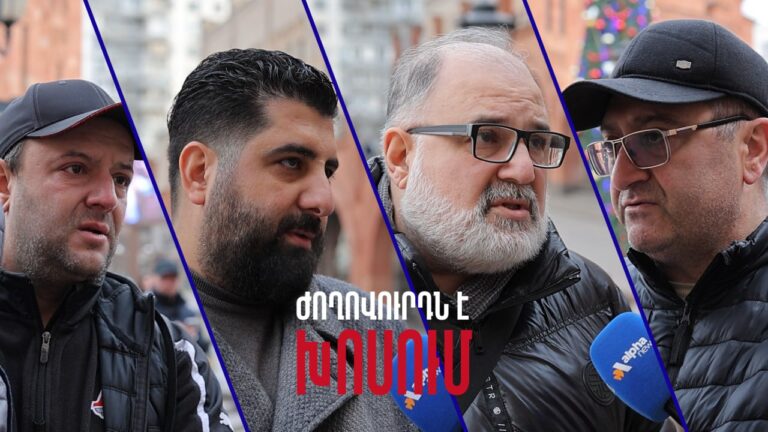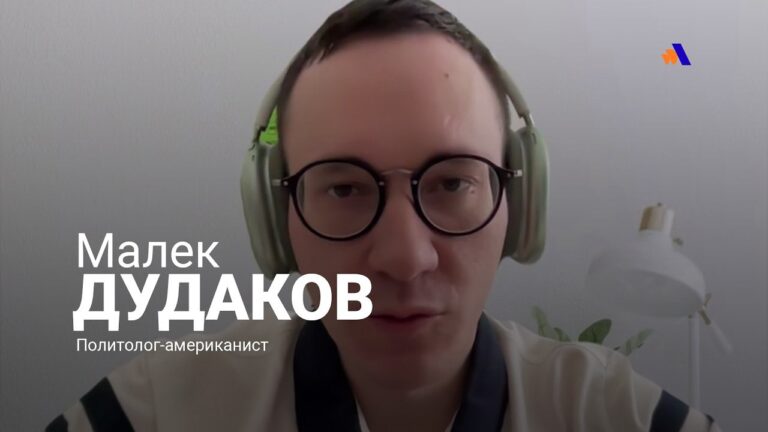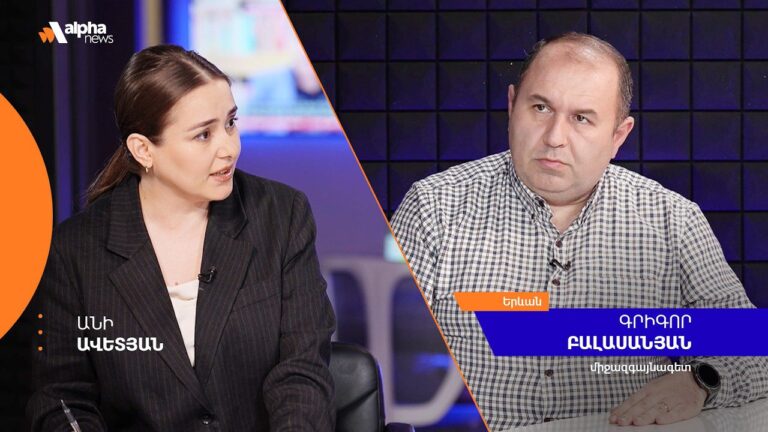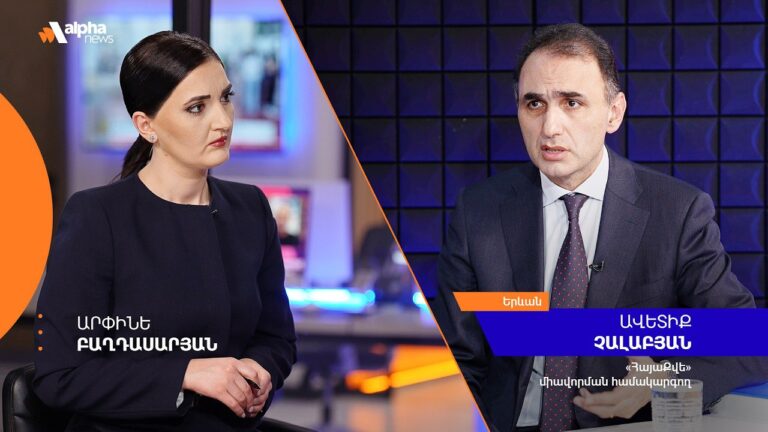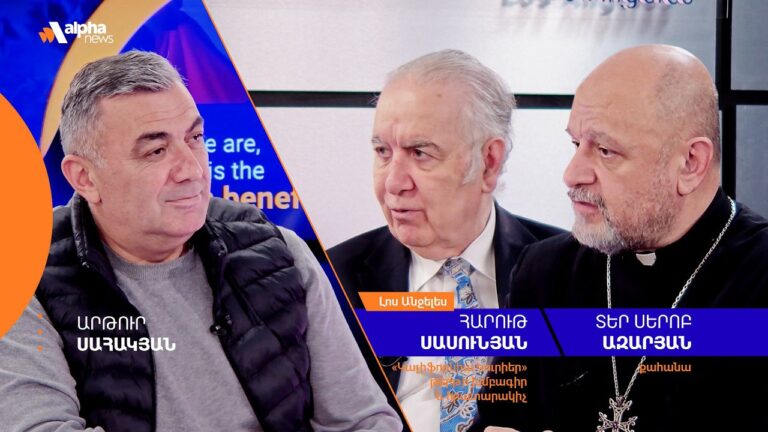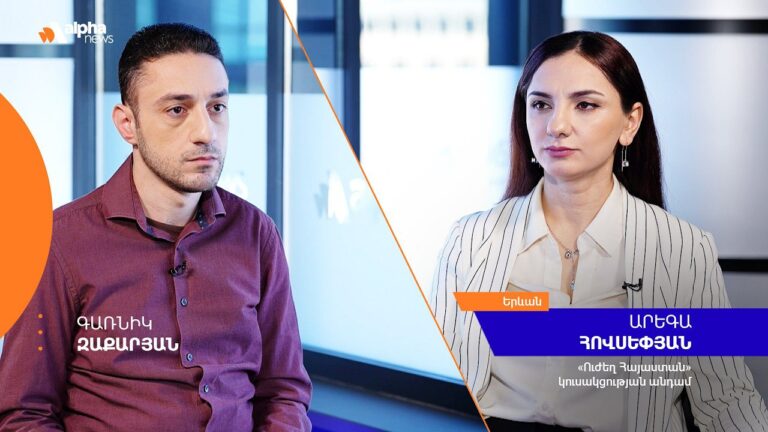Armenia is not in position to throw away its friendship with Russia, says political scientist
Speaking with Alpha News, Russian political scientist Gleb Kuznetsov commented on the visit of James O’Brien to Armenia, new attacks by Armenian Prime Minister Nikol Pashinyan against the Collective Security Treaty Organization, and statements by the Russian Foreign Ministry on relations between Yerevan and Moscow.
The United States is trying to strengthen its position in the South Caucasus region, he said.
“The visits of US officials to Armenia are a logical story. It is connected with the US attempts to strengthen its position in the South Caucasus region and slightly push Russia away. Armenia has recently been an area for diplomatic efforts by great powers such as the EU, the USA and, of course, Russia. Some are trying to maintain positions, others are trying to gain them, and Armenia is in the midst of this diplomatic hurricane. It is clear that the Americans’ task is to support Nikol Pashinyan in a situation where very serious protests are taking place in Armenia,” Kuznetsov said.
Commenting on a strategic partnership between Armenia and the United States, the expert said that one can promise anything, but it is important to understand what this strategic partnership implies.
“There are many ways to introduce diplomatic games, and one of them is verbal interventions. You can promise anything, but you need to understand what this strategic partnership implies. What is included in this strategic partnership? What practical conclusions and steps will come from it?” Kuznetsov noted.
According to the political scientist, the United States, Turkey and Europe are very worried that, as a result of protests in Armenia, a group that has different ideas about what Armenia needs may come to power.
“For the West, Pashinyan is just one of the pieces on the board. The United States is concerned about the continuation of the pro-Western direction led by Pashinyan. So, the United States, Turkey, and Europe are very worried that as a result of protests, as has already happened in Armenia, a group may come to power that has different ideas about what Armenia needs, in which direction, in a diplomatic sense, it needs to go—this could slow down the pro-Western exercises of the Pashinyan government. Naturally, the West does not want this, and the West will prevent it,” Kuznetsov said.
According to the expert, Armenia is not in a position to throw away its friendship with Russia.
“Armenia is not in a position to throw away friendship, partnership, alliance and simply economic relations with anyone, not to mention such a huge and great country as Russia. It is enough to look at the map to understand the choice of partners for Armenia. Armenia is dependent on external forces in terms of trade, economy, investment, and so on,” Kuznetsov said.
Speaking about Pashinyan’s attacks against the CSTO and, in particular, against President of Belarus Alexander Lukashenko, the political scientist noted that Pashinyan always tries to blame others for his own problems.
“For Pashinyan, personal complaints against Lukashenko are quite a safe story. It is worth noting that the relations between Belarus and Azerbaijan are indeed very close, but is it appropriate to pay such increased attention to this fact today since it was not only Belarus that armed Azerbaijan? It is clear that what happened was not because of the help of Belarus or because of trade relations between Azerbaijan and Belarus.
However, Pashinyan cannot go to the Armenian parliament and say that he is to blame, so he is looking for others to blame. This statement is obviously just a reason for Armenia to raise the issue of quitting the CSTO. I believe this is primarily due to Western pressure. The West is always very consistent. It does not do anything just out of friendship or for free. Each step must be paid for—quickly and efficiently,” Kuznetsov concluded.

